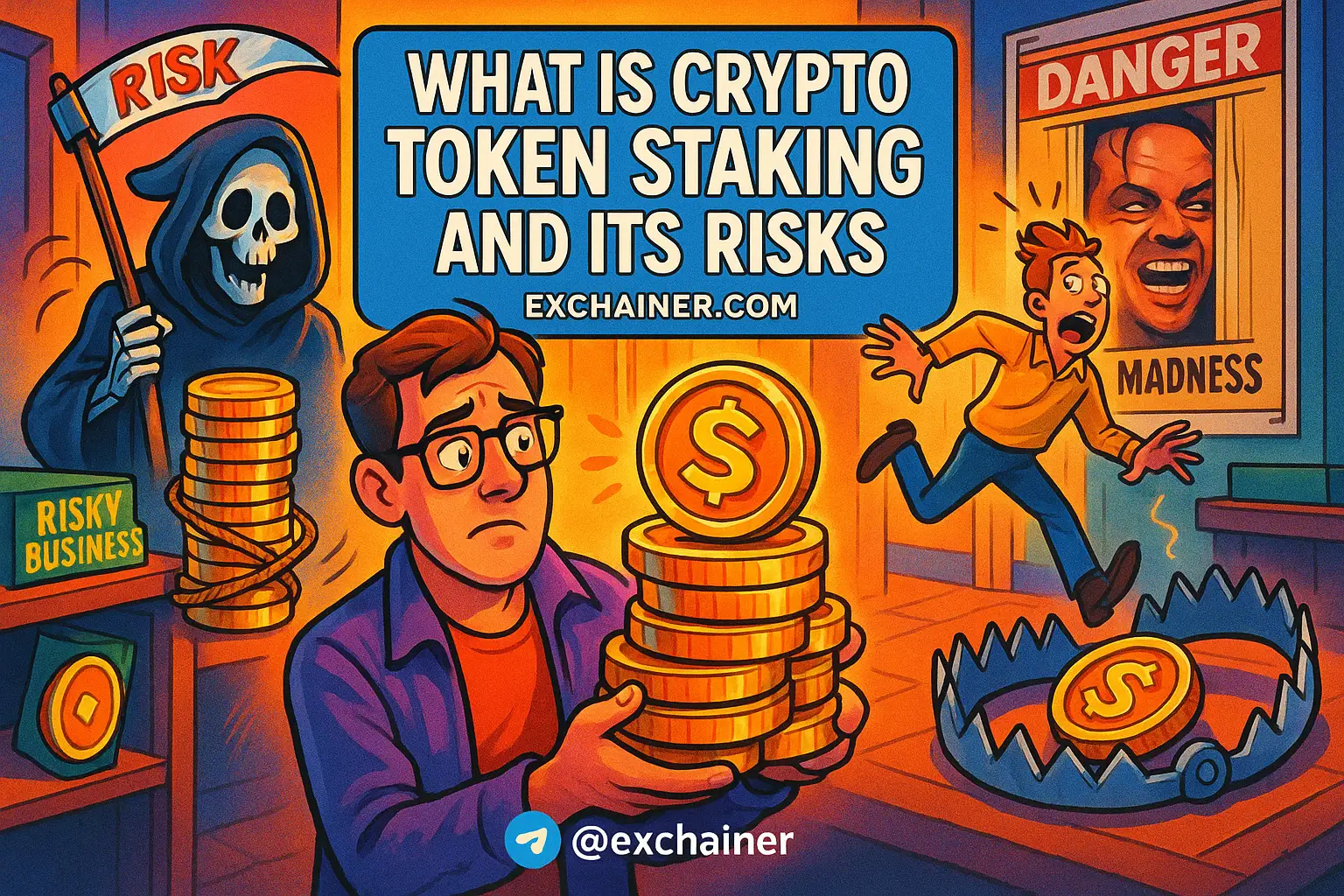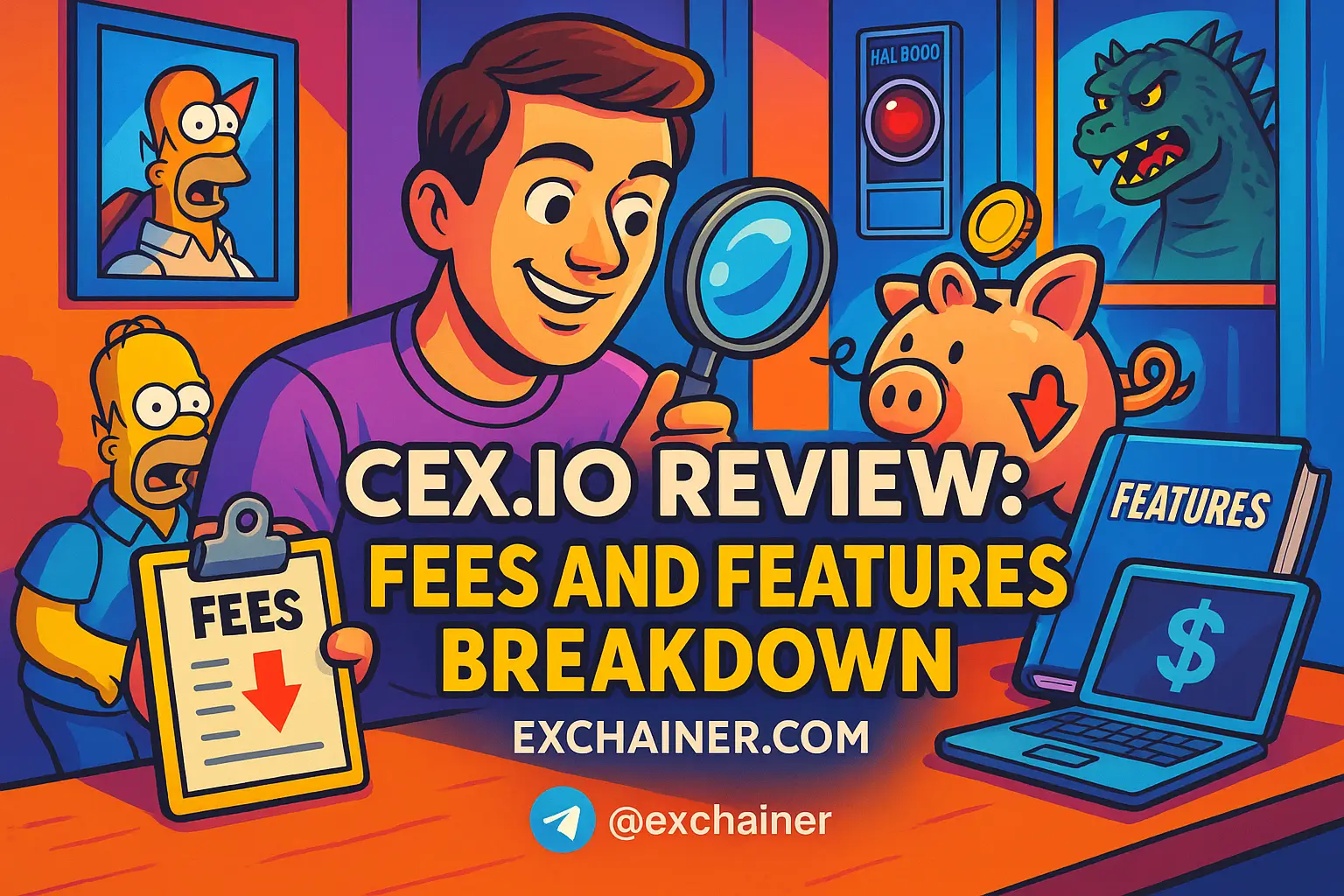Investing in NFTs (non-fungible tokens) offers a unique intersection of creativity and technology with potential financial rewards. However, this space is highly volatile, speculative, and still in its infancy, making budgeting a crucial part of a successful NFT investment strategy. This guide will walk you through how to budget effectively for NFT investments, alongside essential tips for managing risk and maximizing your potential returns.
NFTs represent a revolutionary shift in how we think about ownership and value. Unlike cryptocurrencies, which are fungible and can be exchanged on a one-to-one basis, each NFT is unique or part of a limited series, adding a layer of complexity and intrigue. As interest in digital art, collectibles, and virtual experiences continues to grow, understanding how to fund your investments wisely can lead to potential gains and financial security.
Why is budgeting so important in the world of crypto and NFTs? It’s simple: the market is unpredictable. Price swings can be dramatic, fueled by trends, social media buzz, or even celebrity endorsements. Without a strict budget, you could easily fall into the trap of impulsive buying, risking more capital than you can afford to lose. Therefore, this guide aims to equip you with foundational knowledge on budgeting for NFT investments, ensuring that your approach is strategic rather than emotional.
Are you ready to dive into the world of NFT investments and ensure that your budget reflects your financial goals? Let’s break it down, step by step.
Understanding NFT Investments and Their Risks
NFTs are unique digital assets verified using blockchain technology, often embodying art, collectibles, music, virtual real estate, or other digital goods. Unlike cryptocurrencies, NFTs are non-fungible, meaning each token is distinct and cannot be exchanged on a one-to-one basis with another.
Key Risks to Consider:
- Volatility: NFT prices can fluctuate wildly, sometimes driven more by hype than intrinsic value. One day you could find a piece listed at a reasonable cost, and the next, it’s sky-high or plummeting.
- Illiquidity: Unlike cryptocurrencies, NFTs can be harder to sell quickly without impacting the price. If you need to liquidate, be prepared for potential losses.
- High Transaction Costs: Gas fees on networks like Ethereum can be substantial and add to investment costs. Sometimes, these fees can exceed the cost of the NFT itself.
- Market Uncertainty: The NFT market is young and experimental, with unknown future applications and regulatory considerations [4].
Given these risks, setting a clear, realistic budget is essential to avoid financial distress.
Setting a Budget for NFT Investment
1. Assess Your Financial Situation and Define an Investment Limit
Start by determining how much money you can realistically afford to invest without compromising essential expenses or your emergency fund. Because NFT investments can be speculative and are not guaranteed, only allocate funds you are prepared to lose.
- Experts recommend treating NFT investments like other high-risk assets—invest only what you can afford to lose without jeopardizing your overall financial health [2][6][8].
- Avoid borrowing money to invest or using funds reserved for urgent needs [7].
2. Decide Your Investment Horizon
NFTs can be volatile in the short term, but might appreciate over time if they possess lasting value. Define whether your approach is:
- Short-term speculation: Budget for smaller, more frequent purchases but be prepared for potential losses. This approach might suit those looking for quick flips rather than long-term holds.
- Long-term holding: Allocate a larger portion for NFTs you expect to appreciate due to artistic merit, rarity, or utility in emerging tech like VR and AR [2].
Incorporating Budgeting into Your NFT Investment Process
Step 1: Research and Understand the Market
Before spending a dime, dedicate time to:
- Learn about different NFT types, marketplace dynamics, and trending projects. Knowledge is power when it comes to investments.
- Analyze factors influencing NFT prices such as rarity, artist reputation, and utility. Understanding what makes an NFT valuable will guide your purchase decisions.
- Follow experienced NFT investors and industry news to refine your investment choices [2][6].
Step 2: Choose Your Marketplace and Crypto Wallet
Select a reputable NFT marketplace aligned with your budget and investment goals. Popular marketplaces include OpenSea, Rarible, SuperRare, NBA Top Shot (sports-related), and others based on Ethereum or alternative blockchains.
- Connect a crypto wallet compatible with your chosen marketplace (MetaMask, Coinbase Wallet, Trust Wallet, etc.) to store your NFTs and cryptocurrencies securely.
- Fund your wallet with cryptocurrency (usually Ether, but some marketplaces require specific tokens). Use reputable exchanges like Coinbase or Binance to purchase crypto using bank transfers or credit cards.
Step 3: Factor in Additional Costs
- Gas Fees: On networks like Ethereum, gas fees can sometimes exceed the NFT purchase price. Always budget for these transaction costs, which fluctuate depending on network demand [4].
- Marketplace Fees: Most platforms charge a commission (typically 2.5% to 5%) on NFT sales, which should also be considered part of your investment cost [3][4].
Step 4: Set a Purchase Limit for Each NFT
Within your overall budget, decide how much you want to spend per NFT to diversify risk:
- Avoid putting all your funds into a single NFT. Variety can mitigate risk.
- Diversify across different artists, projects, and categories to avoid overexposure to any one asset [7].
Practical Budgeting Tips for NFT Investments
- Track Your Portfolio: Utilize tools to monitor NFT values and market trends alongside your other crypto holdings [1]. Staying informed helps you make better financial decisions.
- Avoid Emotional Overspending: The excitement around NFT drops and auctions can drive you to overspend. Stick to your preset budget to maintain discipline [2][8].
- Regularly Review and Adjust Your Budget: NFT markets evolve rapidly. Periodically evaluate your budget and investment strategy based on market changes and personal financial status [6].
Building a Sustainable NFT Investment Strategy
Diversification
NFT investments should complement a broader, balanced portfolio. Avoid making NFTs your sole investment focus [7]. A diversified portfolio can provide stability in the face of market volatility.
Long-Term Value Consideration
Focus on NFTs with potential for long-term appreciation through artistic quality, community engagement, or utility in the metaverse and digital platforms [2]. This strategic approach often leads to rewarding outcomes.
Community Engagement
Join NFT communities on platforms like Discord and Reddit. Engaging with fellow investors helps you stay informed about market trends, new releases, and potential scams [8]. Knowledge-sharing and support can add tremendous value to your investment journey.
Summary: How to Budget for NFT Investments
- Set a clear budget: Only invest what you can afford to lose.
- Understand costs: Include gas fees, marketplace commissions, and crypto purchase fees.
- Research thoroughly: Analyze market trends, artist reputation, and NFT utility.
- Diversify: Spread investments over several NFTs to reduce risk.
- Use secure wallets and marketplaces: Prefer reputable platforms and wallets.
- Track and adjust: Monitor your portfolio and market conditions regularly.
- Engage with the community: Learn from experienced investors and stay updated.
- Think long-term: Value NFTs with enduring potential for better outcomes.
By budgeting wisely and approaching NFT investments with research and caution, you can participate in this dynamic digital asset class responsibly and potentially profitably [2][6][8].
This budgeting guide provides a comprehensive framework to enter the NFT investment world with financial prudence, helping you navigate the excitement and risks of this rapidly evolving market. Ready to put your knowledge into action?
Explore Related Articles:
- Crypto Portfolio Balancing for Beginners
- How to Avoid Crypto Over-Investment
- What is a Crypto ETF?
- Managing Crypto Finances as a Student
- How to Join a Crypto DAO
Explore more guides on Exchainer.com and start your crypto journey today!












